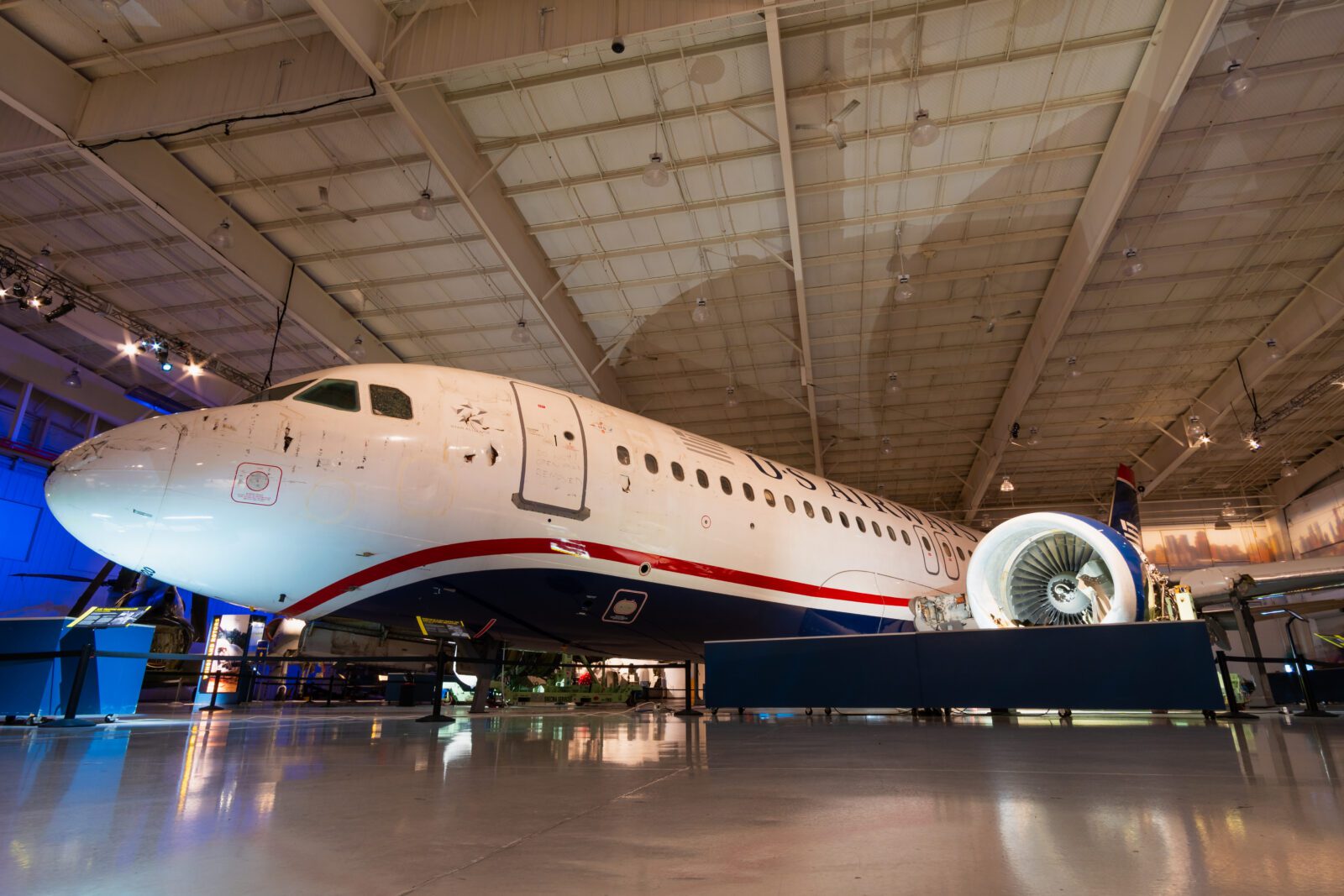
Captain Sully Sullenberger, the pilot behind the ‘Miracle on the Hudson’ in 2009, who has become a respected figure within the aviation figure has publicly made his opposition known to plans by some lawmakers to raise the age at which commercial airline pilots in the United States must retire.
Ahead of a key vote in Congress, Sullenberger took to social media platform X to argue that not only was there not the data to support the proposal to raise the pilot retirement age but that there were also “safety and operational issues with raising it.”
At present, commercial airline pilots in the United States must retire when they reach 65 years old. The retirement age is in line with standards drawn up by the International Civil Aviation Organization (ICAO), a specialized agency of the United Nations which sets international flying standards.
The 65-year-old retirement age is generally respected around the world, including across Europe, although officials in the United Kingdom have mulled the possibility of raising the retirement age by two years.
That’s exactly what Congress is also considering: raising the retirement age to 67 years old, in part to help relieve an expected shortfall in pilots over the coming years.
But rather than allow the airline industry to grow, the Air Line Pilots Association argues that a retirement age rise would actually “disrupt airline operations, raise ticket prices, upend collective bargaining agreements, create a cascading and costly training backlog, and put the United States out of compliance with international standards”.
The proposal to raise the pilot retirement age has been snuck into the long-awaited FAA Reauthorization Bill that is set to go for markup in the Senate on Thursday. The FAA has told lawmakers that it doesn’t currently have a firm opinion of the proposal but that “scientific and safety analysis must come first”.
If the retirement age were to be raised to 67 years old, pilots over the age of 65 would be limited to flying domestic routes only because ICAO currently prohibits pilots over this age from flying internationally.
Even many airline executives aren’t keen on raising the retirement age, with United CEO Scott Kirby revealing that 36% of its pilots who are 64 years old are unavailable to fly on any given day due to sickness or medical leave.
Related
Mateusz Maszczynski honed his skills as an international flight attendant at the most prominent airline in the Middle East and has been flying ever since... most recently for a well known European airline. Matt is passionate about the aviation industry and has become an expert in passenger experience and human-centric stories. Always keeping an ear close to the ground, Matt's industry insights, analysis and news coverage is frequently relied upon by some of the biggest names in journalism.








Why isn’t anyone pointing out that they raised the age from 60 to 65 back in 2007. Why don’t you ask why that was done, and what the results have been? There certainly wasn’t a pilot shortage then.